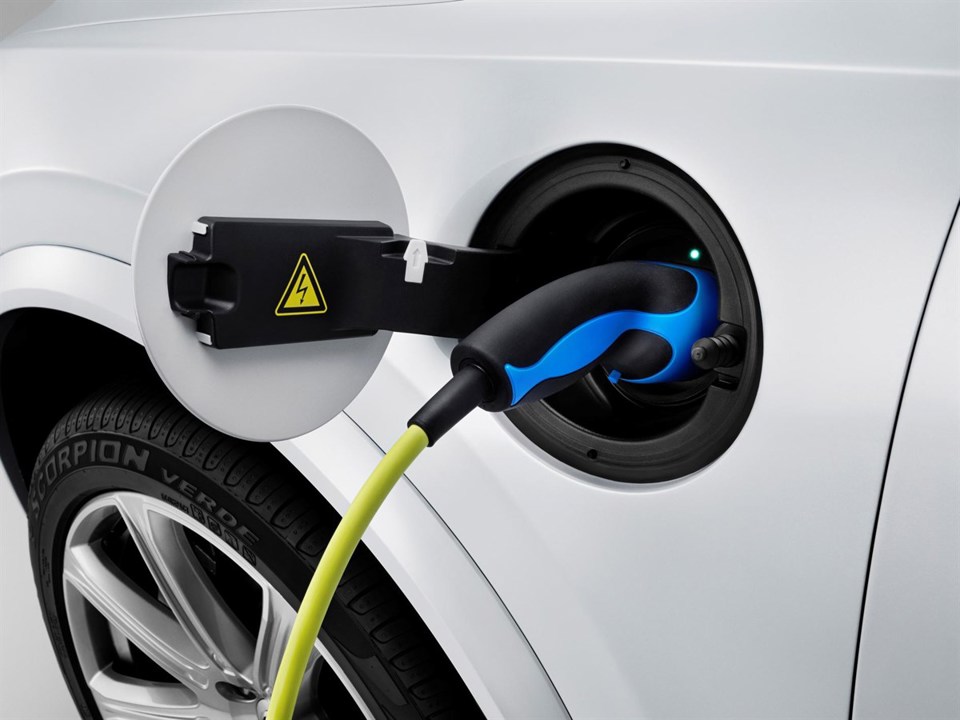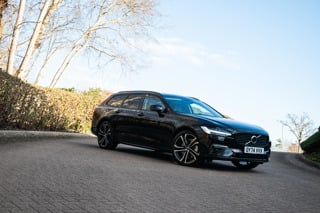To help electrify its company car fleet, Volvo Group has adopted a wholelife cost (WLC) approach to constructing fleet choice lists, based on advice from Arval UK.
The manufacturer operates a fleet of 450 company cars in the UK, with choice lists based on lease rentals, offering petrol and diesel models from Volvo and Renault.
However, its HR director Danny Nussbaum explained that pressure had been building to make fundamental changes. “It became increasingly clear that we should move away from fossil fuel powered company cars towards electric vehicles (EVs) and plug-in hybrid electric vehicles (PHEVs), in support of sustainable travel and fleet electrification,” he said.
“There has also been growing interest from our drivers in EVs and PHEVs, both from an environmental point of view and to minimise their benefit in kind taxation.”
Furthermore, Volvo at a corporate level has its own ambitions in terms of emission reduction targets that exceed those of the Paris Agreement.
“All of this meant that it was clear that our company car policy needed a structural rethink to support electrification, especially from the point of view of choice lists and fuel reimbursement, so we asked Arval UK to oversee what turned out to be a very detailed review,” added Nussbaum.
Arval UK has a sole supplier arrangement with Volvo Group for its fleet and they recommended a number of important changes.
The most significant of these was to rethink the whole approach to choice lists using a WLC based methodology, rather than lease costs, in order to include EVs and PHEVs.
Shaun Sadlier, head of consultancy at Arval, said: “When you have both electric and ICE cars on a choice list, lease rental costs can distort the position of electrified vehicles in the car grades.
“Adopting a wholelife cost based methodology, which includes elements such as business fuel and class 1A NIC, ensures that electric models are positioned correctly and comparable to, if not less costly, than petrol and diesel versions, when you include all costs to the business for the life of the car.”
Using the methodology, Arval UK drew up new choice lists in consultation with Volvo Group and also worked on negotiating advantageous manufacturer terms.
To broaden the range of EVs available, the Polestar brand – a recently-created Volvo Group company – was added.
Nussbaum continued: “The creation of our new choice list was a very labour-intensive task calling for a high level of specialist analysis. Without the expertise Arval provided, this is something that we would have found extremely difficult.
“The whole exercise was very professionally handled. We really felt as though our objectives were understood and were guided through the best way to meet them.”
A few months after the new company car scheme was introduced, Volvo’s new car orders are now dominated by electrified choices, splitting two-thirds towards PHEVs and a third towards EVs.
Nussbaum said: “There’s been a very positive reaction from drivers to the changes that we have made, including extra interest in the available model choices, as well as how each could potentially meet the needs of different drivers.
“The impact from a benefit in kind point of view has been dramatic. Some employees have managed to slash their monthly company car tax bill from £500 to £20-30 simply by making greener choices, which clearly makes a significant difference to their pay packets.
“The trade-up option is also proving popular, and there is a nice bonus in the shape of a new Arval programme called ‘1 Electrified Vehicle = 1Tree’, where a tree is planted for each electrified vehicle we order.
“Overall, it’s been a very successful exercise that has orientated our fleet in the direction it needed to be heading. We now feel in good shape to face the next few years in this area of our business. My own car is due for renewal next year, and it will undoubtedly be an EV.”
Find out more about Volvo Group’s journey visit bit.ly/VolvoGroupCaseStudy.






















Login to comment
Comments
No comments have been made yet.